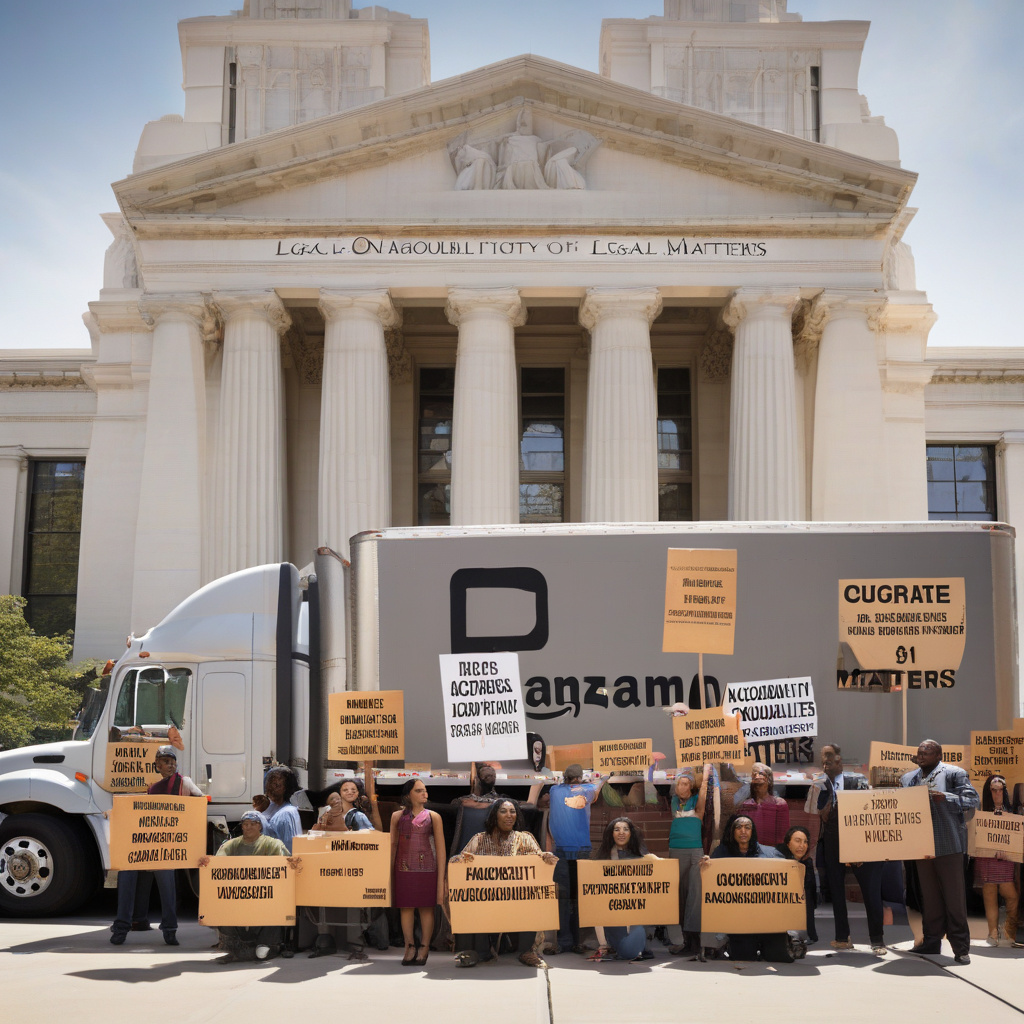FTC Says Amazon Misused Legal Privilege to Dodge Scrutiny
The Federal Trade Commission (FTC) recently made a significant accusation against retail giant Amazon, alleging that the company misused legal privilege in an attempt to avoid scrutiny. This comes after a court review revealed that almost none of the documents that Amazon had withheld were found to have valid legal privilege.
The FTC has been investigating Amazon’s business practices to determine whether the company has been engaging in anti-competitive behavior. This investigation is part of a broader effort by the government to hold big tech companies accountable for their market dominance and potential violations of antitrust laws.
Legal privilege is a crucial protection that allows companies to keep certain communications and documents confidential, particularly those exchanged with their attorneys for the purpose of seeking legal advice. However, this privilege is not absolute and can be challenged if it is believed to be misused or abused.
In the case of Amazon, the court review found that the company had overreached in its attempts to shield certain documents from the FTC’s scrutiny. The lack of valid legal privilege in the withheld documents raises questions about Amazon’s transparency and willingness to cooperate with the investigation.
This development is significant for several reasons. First, it suggests that Amazon may have something to hide or is not fully complying with the FTC’s requests for information. This could potentially indicate that the company is engaging in anti-competitive practices that warrant further investigation and possible legal action.
Second, it highlights the challenges that regulators face when trying to hold big tech companies accountable. Companies like Amazon have vast resources at their disposal, including teams of lawyers who can help them navigate legal loopholes and protections to avoid scrutiny.
Lastly, it underscores the importance of transparency and cooperation in regulatory investigations. When companies misuse legal privilege to withhold information, it not only hinders the investigative process but also raises suspicions about their conduct and adherence to regulatory standards.
In response to the court’s findings, Amazon has defended its actions, stating that it takes compliance with legal obligations seriously and will continue to cooperate with the FTC’s investigation. However, the lack of valid legal privilege in the withheld documents raises red flags and calls into question the company’s commitment to transparency and accountability.
As the investigation into Amazon’s business practices continues, it remains to be seen what further actions the FTC will take in response to the misuse of legal privilege. This case serves as a reminder that no company, no matter how big or powerful, is above the law, and that regulatory agencies will not hesitate to hold them accountable for any wrongdoing.
In conclusion, the FTC’s accusation that Amazon misused legal privilege to dodge scrutiny raises important concerns about the company’s conduct and the challenges of regulating big tech firms. Transparency, cooperation, and adherence to regulatory standards are essential for maintaining a level playing field in the business world and ensuring fair competition.
FTC, Amazon, LegalPrivilege, AntitrustLaws, RegulatoryInvestigations












